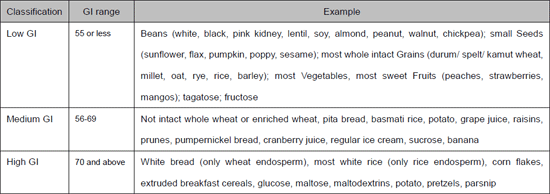In my previous blog entry, I introduced my research experiment to point out that our eating style has something to do with evoking violent behaviors, like children who tend to lose their temper easily, adults who are apt to become violent out of blue, any cases of domestic violence, or crime in general. I hope you’ve got what I meant.
Quite possibly in Japan and in Europe recently, the concept of GI (glycemic index) of food has been commonly known and due to its numeric figures, we have become quite aware of what keeps our blood-sugar level flat and what rises up. Accordingly, I believed that brown rice has been very popular as a healthy food based on glycemic index.
I conducted my research experiment in 1980s; not to brag about it, it was mostly the same era as Dr. David J. Jenkins presented glycemic index. In those days, no one in Japan could have an idea that food had any effects on aggressive behaviors of children and adults so it was obvious that scientists would not willingly accept my ideas I stated in my book, “Child’s Delinquency is caused by food” published by Kodansha Co., Ltd.
Well, I need to warn you that this glycemic index has some errors you need to be careful about. Sugar is half made of fructose which differs in composition as glucose (a factor to rise up blood-sugar level). But fructose will transform into glucose by enzyme as it goes through a process being digested. So if only the amount of glucose lies in food is picked up and calculated, the result is not accurate when it is properly proved by animal experiments. Applying such results to the index is wrong.
Considering above, it is not true that fruit juice is healthy for its low glycemic index. Depending on the amount of juice, it can become a factor to shoot up the blood-sugar level. Time for food to be digested varies depending on its type. Soupy food of course takes less time than solid one which requires us to chew a lot. Here I want to point out that when we eat food containing lots of fiber, we need to chew thirty or fifty times. Please be noted that such food does not raise blood-sugar level easily. As you may know from my research experiment, sugar is the main factor for bringing up blood-sugar level. Even though fruit juice does not rise up blood sugar level notably, it is not appropriate for diabetics because it is crucial for them to rise up their blood-sugar level. Of course, diabetic people should not take either regular juice or even coffee if they contain granulated sugar.
For your reference, I cited glycemic index from Wikipedia. By the way, have you noticed that world top tennis players often eat during break at Wimbledon? They positively take in fructose because it instantly turns into glucose, energy. Top athletes know that even banana can compensate for the loss of glucose (energy) in their muscle and brain during a game.

